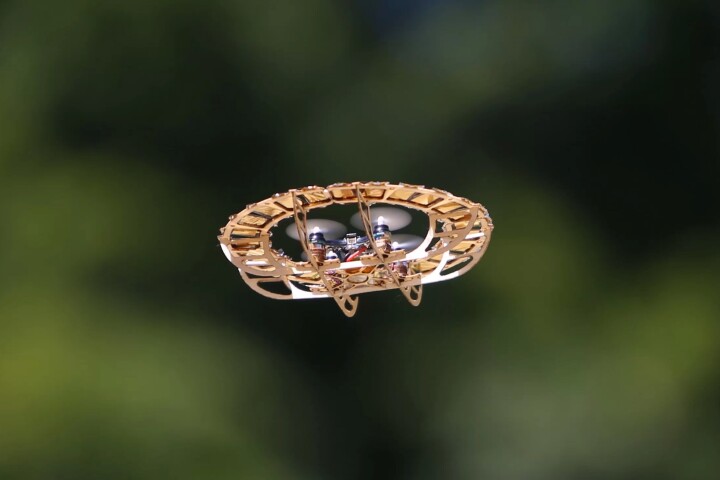Sometimes, people want to clean up polluted water, by removing spilled oil from its surface. Other times, they want to purify oil-based fuel, by removing water from it. An inexpensive new "smart" membrane created at Canada's University of British Columbia can switch between doing both.
Developed by a team led by chemical engineering master's student Chun Haow (Bryan) Kung, the reusable membrane is made up of a fine copper mesh. In a quick and scalable process, this is initially immersed in an electrolyte solution, then subjected to a succession of two small voltages for a total of two minutes.
When the membrane is subsequently used to filter an oil/water mixture, only oil can pass through it, holding back any water that's present within that oil. This is due to the rough surface structure of the mesh and the copper oxides that are bound to it. If the membrane is subjected to just a few seconds' worth of voltage from an ordinary alkaline battery, however, that current alters the surface structure. As a result, water can now pass through the membrane, but oil is held back.
Air-drying the material returns it to its original "oil-loving" state, in which it lets oil through but not water.

In lab tests involving oils of various densities and viscosities mixed with water, the membrane was over 98 percent efficient at separating the two liquids. This is reportedly far better than what has previously been managed by other switchable filtration media. Additionally, unlike some of those other materials, the smart mesh contains no toxic materials, it requires only a low voltage to switch states, and it can be used for a long time.
"This membrane works without needing a continuous electric current, or any specialized equipment or conditions," says Kung. "Also, the membrane is really robust — we put it through 30 consecutive separation cycles, using both light and heavy oils, without losing efficiency — so it has tremendous potential."
A paper on the research was recently published in the journal Applied Surface Science.
Source: University of British Columbia





